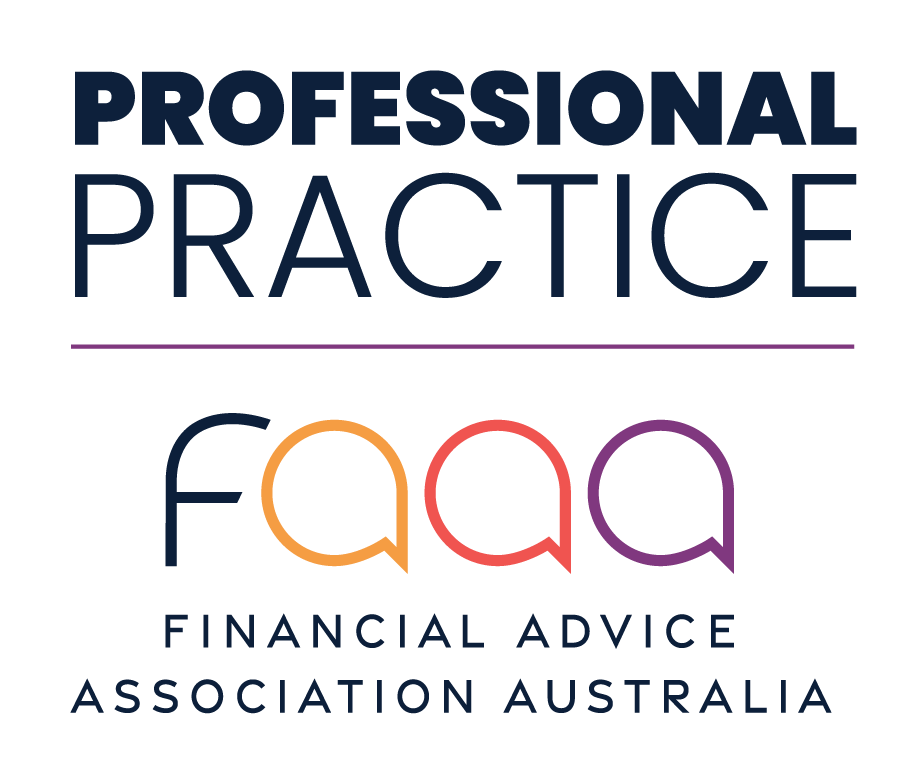Five ways to get ahead
1. Have a long-term financial strategy
As the old adage says "by failing to plan, you plan to fail"! This is by far the most common mistake, but luckily it’s also the easiest mistake to rectify. It’s never too late to seek professional advice and set down a plan for your financial future. By outlining where you’d like to be in 10, 20 or even 30 years, you can then examine your options to reach your goals. Remember that in dollar terms, the capital built up over the term of your working life may have to last another 20 to 40 years in retirement. So living for the moment during youth or early family years can make it difficult to live a financially prosperous life during retirement.
2. Work within a budget
A workable budget is absolutely necessary to ensure a healthy balance of income, expenditure and savings.
A workable budget is absolutely necessary to ensure a healthy balance of income, expenditure and savings. By documenting your spending patterns and itemising regular expenses, you can access the answer to that perpetual question "where does all my money go?". Once you know where it does go, you’ll be able to direct your cashflow more effectively. Apart from predictable outgoings, don’t forget to factor in irregular expenses such as car or house maintenance. By anticipating these expenses, you’ll avoid the budget blow-out that can be disheartening or an excuse to forget your budget guidelines.
Download our expenses planner
3. Get professional advice
Naturally, everyone has an opinion on financial matters and how to get the most from your hard earned cash. But it is important to remember that not everyone is fully aware of your particular situation, needs and goals. It is important to keep yourself informed on financial matters and it is often helpful to discuss issues with friends and relatives, however, professional advice is essential. An educated and reputable professional can relate their advice to you personally, as well as assisting you when your circumstances alter, legislation changes or movements occur in the industry.
4. Avoid the temptation of the quick fix
Be aware that a high return brings with it a higher degree of risk. When it comes to investments, it may be better to recognise and ride out the short term ups and downs.
We all know that the truth is that there is rarely a quick fix to any issue! When you discover an investment opportunity that looks too good to be true, it probably is. When interest rates are low this is good news for people with mortgages, however it’s bad news for those trying to save. And all accounts of the share market in the media show the volatility. Be aware that a high return brings with it a higher degree of risk. When it comes to investments, it may be better to recognise and ride out the short term ups and downs. The best option is to refer back to your financial strategy to ensure that your investment is in line with your objectives.
5. Regularly review your situation
Your circumstances will change over time as does the financial market place. It is essential to review your needs, plans and investments regularly to make adjustments as necessary. Check that your investments over the medium to long term are at least keeping pace with inflation. Reviewing short term performances for long term investments is not always a prudent review strategy, but there should be some reasonable explanation for the poor performance. If you’re concerned about an investment manager’s poor performance, check it out.
More Information?
For more information and helpful advice on any of these issues speak with us.

